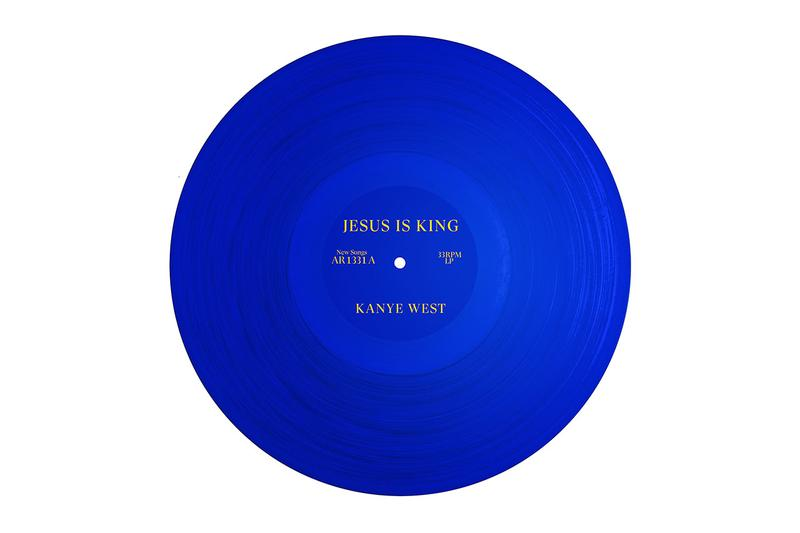A fumbling comeback attempt, or another Kanye breakthrough?
November 22, 2019
“Jesus is King,” the long awaited Kanye project, has finally been released, although to much criticism and scrutiny. Casual fans are wondering if this gospel-loving-praise-the-lord Kanye, at his most proud and outspoken, is merely another phase for Kanye. More optimistically, it could be considered another creative route he attempts to explore as an artist, as he did in the chaotic “Ye” last year.
However, hardcore Kanye fans… or anyone with more than a peripheral knowledge of his works, have seen this Kanye; the priest-like outspoken Kanye who wrote “Jesus Walks” in 2011 — among other songs and verses alluding to Christianity. But, for the most part, fans of Kanye, casual and devoted alike, are largely in agreement that “Jesus is King” is an album that attempts to break religious and cultural barriers, but sadly just barely falls short. The loud blend of saxophones, trumpets, booming drums, an entire church choir, and even the repeated hum of a car alarm all come together to form yet another unique entry to an entirely new chapter in Kanye’s music career.
Unfortunately, the album is sprinkled with flops like “Water” and “Jesus is Lord” that detract from unique entries to the album, such as “Use This Gospel” and “God Is,” due to the poor lyricism and overall irrelevance in context with the rest of the album. For example, in the song “Water”, Kanye repeatedly sings nonsensical lyrics that simply don’t fit with the rest of the album, specifically when he says, “Take the chlorine out of our conversations.” It is short repeated verses like this that make the album fall short of expectations.
The ambition, however, is still evident in this album. The idea to make a rap-gospel fusion album, while also being one of pop culture’s most controversial artists was a daring and interesting concept that has already created conversations on Christianity and whether this is just pandering from an artist that was already out of the prime of his musical career.
This is most evident in his arguably breakthrough song “Use this gospel”, which begins with the repeated whir of a car alarm and ends with a saxophone solo. Most notably, the use of the car alarm in this song is symbolic of the change Kanye went through as an artist to produce such an album. The album, which was inspired by his discovery of Christianity, began in part because of a car accident.
The car accident on its own seemingly inspired and maybe even humbled the old Kanye, and the implementation of a car alarm in the second to last song of the album was unique and telling. It is this “discovery” and “transformation” that raises some criticism. It leaves listeners with questions, mostly pondering whether all of this was genuine, or merely a way to comeback and cozy up with Christians and provide “atonement” for his previous excursions as an artist.
So, whether you’re a diehard Kanye fan, a casual listener, a Christian, or just a curious onlooker, give this album a chance. The bold and aspiring album will surprise you (in a good way) or make you question what exactly you’re listening to, as most of Kanye’s work will do. Nonetheless, he has made his mark. For better or worse, Kanye is here to stay.

